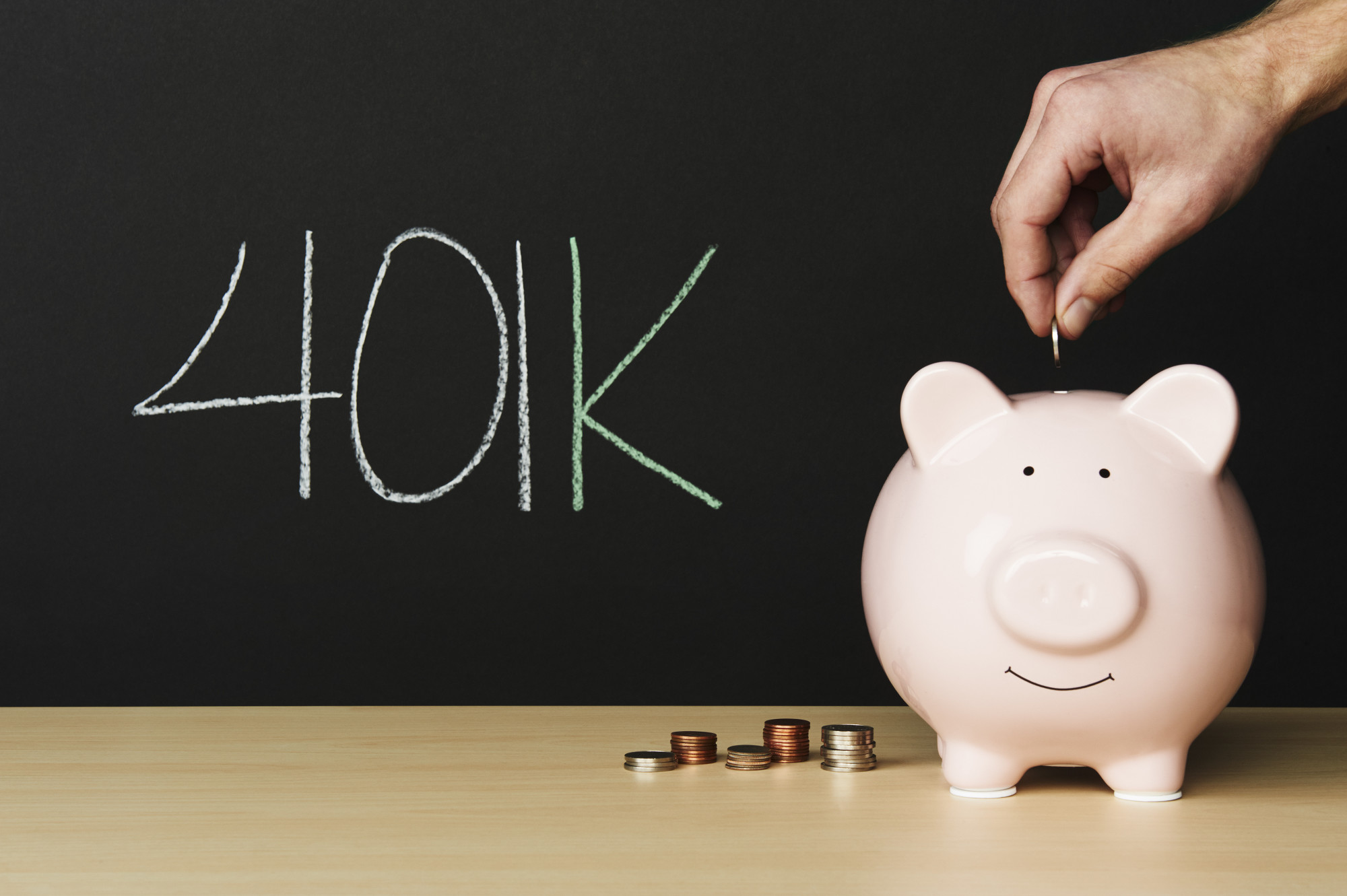
About half of American households have access to a 401(k) savings account. If you contribute to this type of retirement plan through your employer, then you’re making smart money choices.
But what if you find yourself in need of money now? It can be tempting to look at that stockpile of savings as a source of money that could help you out in a pinch. So, how long does it take to get a 401(k) loan? Should you take out this type of loan?
This guide will explain everything you need to know about taking a loan against your 401(k).
How Long Does It Take to Get a 401(k) Loan?
Taking a loan out of your 401(k) will vary in time, depending on the financial administrator that manages your 401(k). Some administrators refuse to offer loans at all, which means you won’t be able to borrow.
For other administrators, it can take five to seven business days to review your application. Once you sign your promissory paperwork, it takes another two to three days to issue you a check. You’ll then wait five to seven days for your check to be mailed to you.
Loan vs. Withdrawal
You can use your loan to make consumer purchases or make home repairs. This is different from a hardship withdrawal. You’ll pay back your loan with interest, while you won’t with a withdrawal.
A hardship withdrawal is a safety net that allows you to take money from your 401(k) when facing heavy financial needs. Unlike a loan, you’ll need to pay income taxes and an early withdrawal penalty on the money you withdraw.
Things that qualify for this type of withdrawal include:
- Mortgage payments to avoid foreclosure
- Medical payments
- Funeral expenses
- Major home damage repairs
- Tuition and education expenses
Advantages of a 401(k) Loan
There’s no credit check required. This is because you’re borrowing your own money. You can use the money from your loan for a wide range of needs.
- Purchase a vehicle
- Childcare
- Paying off debt
- Home renovations
- Education expenses
There’s no penalty for repayment early. Your payments are typically deducted from your paycheck, making it less likely you’ll fall behind. Although, if you do, it won’t have a negative impact on your credit score.
Downsides of a 401(k) Loan
Taking a loan from your 401(k) will be more expensive than other lending options. It also affects you long term by missing out on retirement earnings that the money would be generating. You also won’t build your credit score or history as you would with other types of borrowing.
If you leave your job while the loan is disbursed, it could be considered a distribution. You’ll then have to pay penalties and taxes on the money. Most administrators also trigger the entire loan balance due in whole within 90 days of leaving.
This article fully explains your lending options if these sound like bigger risks than what you’re willing to take on.
Take Out a Loan Against Your 401(k)
As you can see, there are a lot more questions that you need to ask beyond, how long does it take to get a 401(k) loan? If you need money now, consider all of your options before deciding on a 401(k) loan.
Browse our other money articles for more financial tips and tricks.
Leave a Reply